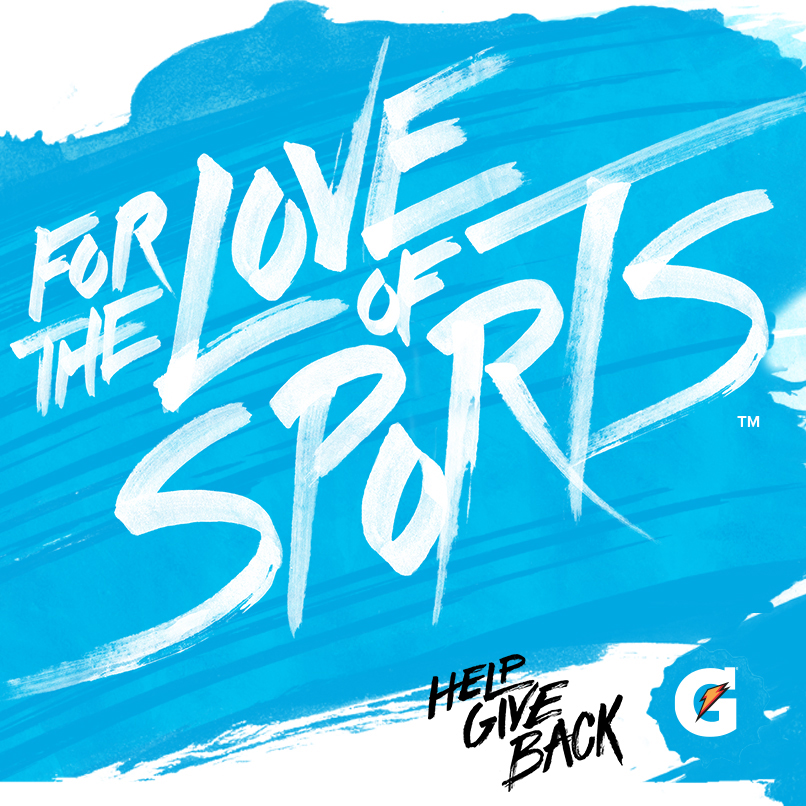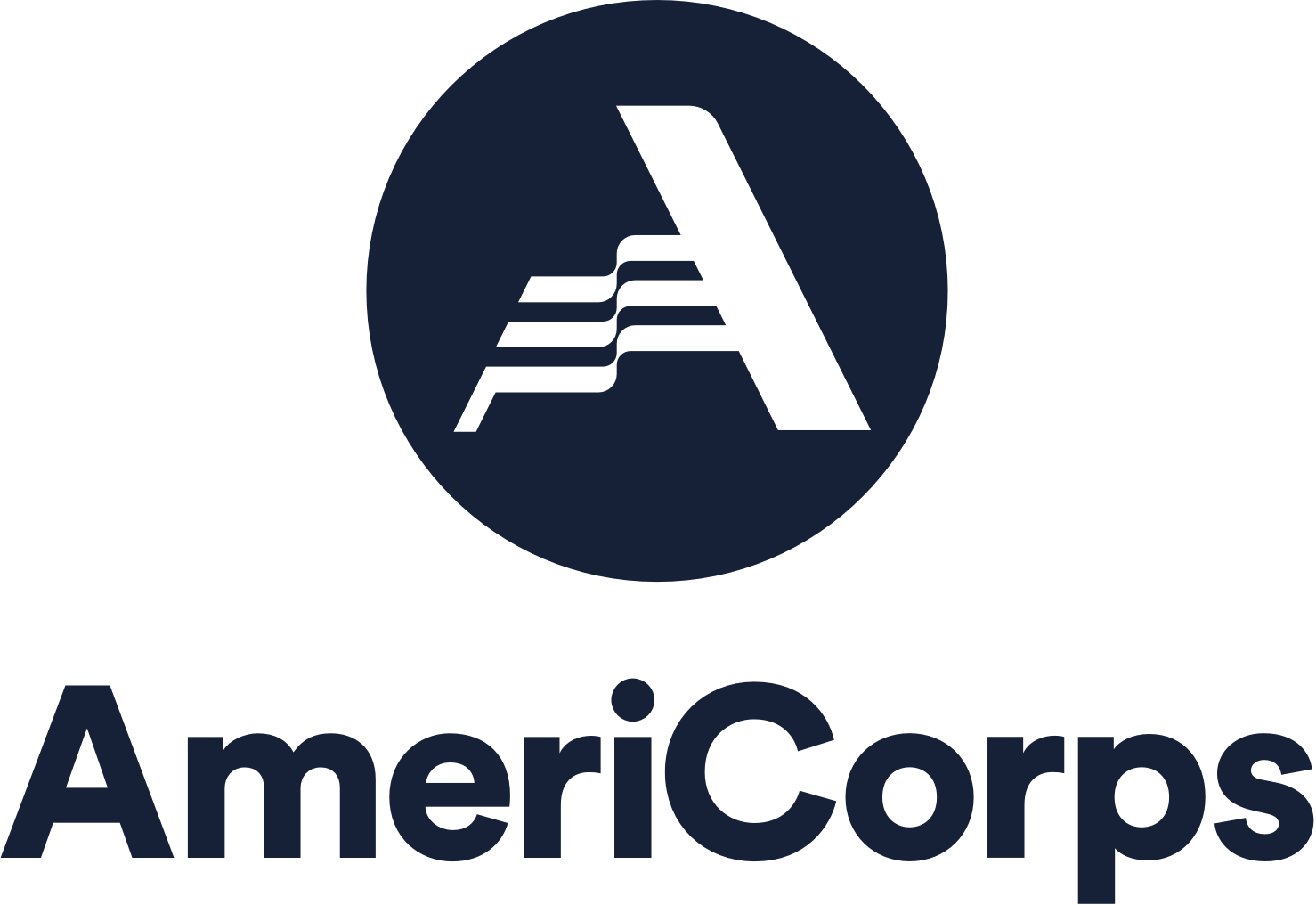Part 3: The Coach's Perspective
“Sometimes you don’t have to say to kids that they’re competing—the focus can be within the group, just trying to work together,” says Up2Us Sports Coach Across America coach at Legacy Youth Tennis and Education in Philadelphia, Hashaan Freeman. It may be a cliché, but thinking outside the box is an important part of Freeman’s approach to coaching, both from the standpoint of competition, as well as that of mentoring and connecting with kids.
“We’ve found non-traditional ways to be competitive,” he says. “Through working with kids, you get to know them, you start to understand what their context is, at home, or in the classroom. You get familiar in just kind of an organic sense. But there are ways we use specifically to check in with kids—a lot of non-verbal communication so that they don’t have to be super expressive, or reminded of their stressors. So, we’ll do a number of fingers, or hand signals throughout a practice session—I may check in about four times with individual kids during the course of that session. They can give me a number, or a signal that we both agreed on that will tell me something—I’m a tennis coach, so I’m always taking advantage of the informal time, when we’re done hitting, picking up balls, that’s when I can check in individually with kids, just allowing them to be themselves, with the understanding that this is not life or death.”
For Freeman, a 12-year coach, it’s about creating an environment where kids can choose how expressive they want to be; where kids can, in a sense, experiment with their own behaviors to find what works for them within the context of sports; and where kids can learn lessons about how to work through difficulties and make good decisions.
“These trainings have been wonderful—they’re great as soft reminders. Coach Across America and Up2Us Sports, their big focus is on research into how kids handle stress, and ultimately just being intentional with kids. When I’m working with kids, I’m open in that yes, I’m trying to figure you out: When are you comfortable, what are you struggling with, what are your strong sports skills, what are your strong life skills—just intentionally highlight these things over, and over again. And I think what’s most important is that these young people’s positive qualities are highlighted in front of their peers.”
What does he mean by that?
“There’s this competitive, urban thing—they might come from the same area, the same circumstances, but everybody wants to be better than the person that’s standing next to them,” he says. “But we’re trying to build more of a community sense, where we’re learning this sport together, we’re learning about life together, and we need to have each other’s backs.”
This is a lesson that really hits home for Freeman, who credits a social worker, who organized trips for the kids in the apartment complex where he grew up, with introducing him to the sport of tennis at what was then called the Arthur Ashe Youth Tennis and Education Center in Philadelphia. He progressed in the sport quickly, and loved the structure that it brought to his life.
“I was comfortable with the coaches, and understood their intent—they wanted to make sure that tennis ‘made my life,’ is how they might put it,” he says. “It was a lifestyle change for me—and it has helped me throughout my life.”
He went on to play at the DII/DIII level at Lincoln University. And now, he’s making the same difference for the next generation.
“When you’re that young, and making your own decisions, you might make some foolish ones—maybe you don’t have the backing in your household to redirect you, which is a constant reality for children growing up in urban settings,” he explains.
The choice that Freeman made, and those of his core group of friends, to use the sport as a lens through which to see and map out a different path for themselves, has paid lasting dividends, and the bonds that he formed with those friends have lasted, as well.
“I have a core group that stuck with it alongside me—we’ve been doing this since 1997. And within the next couple weeks, we’ll be meeting back up to plan our summer program.”
While some might not view tennis—in many cases, a one-on-one competition—as the ideal sport to build teamwork and camaraderie, Freeman views it differently.
“It’s funny, because I feel that I’m truly, truly blessed with the sport that I’ll say has chosen me, but I get the chance to build individuals first,” he says. “I’m a big believer that if we are stronger as individuals—if I have kids that can stand on their own, make their own decisions—then that will form a better team.
“Look at the whole line of integrity with tennis: If you can’t get to a ball, but the ball was in, hit by your opponent on the other side of the net, then you have to call it in because you have to be honest. You have to suck it up and move on to the next point.”
The whole may be greater than the sum of its parts, but that doesn’t mean that looking after each part of the whole is a waste of time—in fact, quite the opposite: it means building from the ground up.
“I have individual student-athletes in front of me that can hold their own, says Freeman. “Then, when I bring you guys together, when the collective is brought into play, I feel like I can’t lose.”




![[WATCH] Morgan Stanley Innovation Awards Features Up2Us Sports](https://images.squarespace-cdn.com/content/v1/58bddd12e58c6278e8a670e2/551e2744-c233-46e6-850d-bac0223d8f13/MHA+Innovation+Feb+2023+1.jpg)








 Up2Us Sports has received $1.8 million in AmeriCorps grants, one National and four state, from the Corporation for National and Community Service (CNCS) to support hundreds of AmeriCorps members. Through Up2Us Sports’ Coach Across America program, AmeriCorps members will be trained to coach and mentor low income youth to make good decisions and stay healthy, through the power of sports. The grants will support AmeriCorps members nationally with added support in Illinois, Louisiana, California and Pennsylvania.
Up2Us Sports has received $1.8 million in AmeriCorps grants, one National and four state, from the Corporation for National and Community Service (CNCS) to support hundreds of AmeriCorps members. Through Up2Us Sports’ Coach Across America program, AmeriCorps members will be trained to coach and mentor low income youth to make good decisions and stay healthy, through the power of sports. The grants will support AmeriCorps members nationally with added support in Illinois, Louisiana, California and Pennsylvania.











